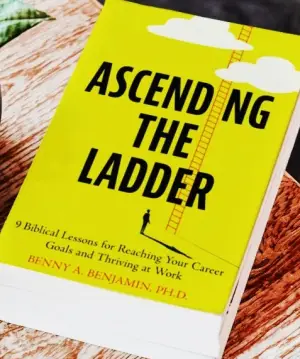Book Review: The Payback by Eileen Cauley
When I first picked up The Payback by Eileen Cauley, I was drawn in by its intriguing premise—the student loan industry’s predation materializing in a way that promised biting satire. As someone who has felt the weight of student debt, the idea of tackling such a deeply entrenched issue in a fictional landscape was immensely appealing. Yet, while Cauley illuminates critical societal problems, I found myself grappling with my expectations versus the book’s overall execution.
At its core, The Payback delves into themes of disenfranchisement, systemic oppression, and the heavy burden of student loans. The narrative follows three women as they navigate a surreal world where the predatory nature of the student loan system takes on physical form—the Debt Police. This concept struck me as a compelling metaphor for the way these loans hang over our lives like a dark cloud. Unfortunately, the portrayal sometimes felt more heavy-handed than nuanced, reminiscent of Don’t Look Up. The satire is there, but I found it tended to dilute its own impact, often spelling out its points in a manner that left little for reflection.
Cauley’s characterization is undoubtedly a high point of the book. The interactions among the three protagonists are vivid and organic; their moments of camaraderie, particularly when they share a living room, sparkle with authenticity. These scenes are what I enjoyed most, painting a beautifully relatable picture of friendship amidst strife. However, I struggled to fully embrace the Debt Police’s woo-woo representation. It felt like a stray detail that didn’t quite mesh with the otherwise grounded narrative, leading me to wonder if it might serve as a commentary on the unforeseen routes wellness culture can take.
The writing style is engaging but occasionally veers into overly explicit thematic territory. While I appreciate Cauley’s resolve to ensure her message lands clearly, I missed the opportunity for subtlety that invites the reader to grapple with their own assumptions and beliefs. Instead of being pulled into a maze of complexities, I often felt like I was being handed breadcrumbs leading me along the way. Phrases like, “In this essay, I will…” echoed in my mind, reminding me that while the content is valid, the execution could have sparked deeper contemplation.
The Payback certainly offers plenty of thought-provoking commentary on real issues, yet the delivery at times felt like it cheapened the weight of those topics. If you’re seeking something that will inspire you to mull over life’s complexities for days on end, this may not be the book for you. However, if you’re after a quick read that will validate your frustrations with the Student Loan Experience, then this could be right up your alley.
In conclusion, while The Payback didn’t completely fulfill my expectations, it nonetheless shines a spotlight on meaningful issues and features memorable characters that keep you engaged. It’s a book that will resonate particularly with anyone ensnared in the web of student loans or seeking a casual read infused with valid frustrations about today’s society. If you don’t mind a bit of straightforwardness in your satire, I encourage you to give it a shot. It might just reflect your own journey in some way, inviting you to connect with its themes while sparking other thoughts along the way.






